Regeneración, the political media channel of the ruling National Reconstruction Movement (Morena) Party in Mexico, published an article praising the significance of the State visit to Cuba by General Secretary and President To Lam.
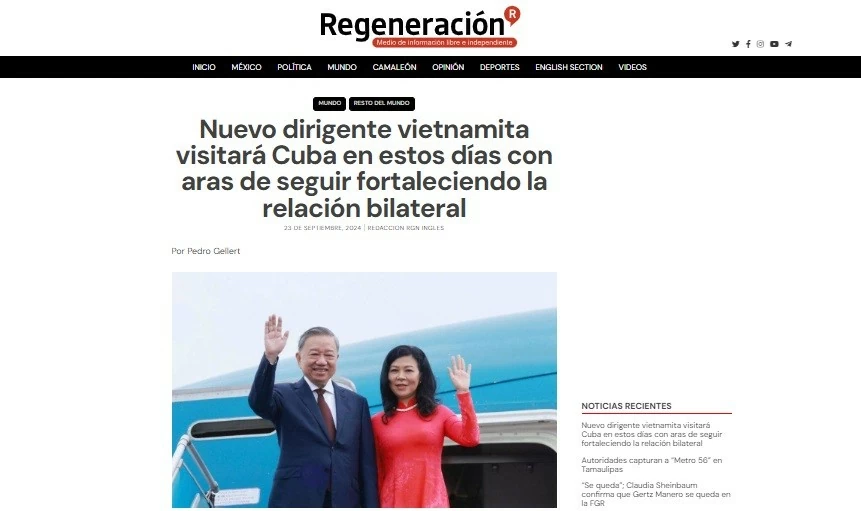 |
| Article in Regeneración newspaper on September 24. (Screenshot) |
The article in the Regeneración newspaper on September 24 emphasized that this is Comrade To Lam's first visit to Cuba in his capacity as General Secretary and President, and Cuba is one of the first countries that Vietnamese leaders have visited, right before the 65th anniversary of the establishment of diplomatic relations between the two countries (1960-2025).
On that basis, author Pedro Gellert affirmed that the State visit to Cuba by General Secretary and President To Lam continues to be a clear demonstration of the highest level of political trust, of the determination of the governments and people of the two countries in constantly strengthening the special friendship that President Ho Chi Minh and Commander-in-Chief Fidel Castro have worked hard to cultivate, a relationship that has later become a model and symbol of the era.
The Regeneración newspaper assessed that what Vietnam and Cuba have given each other over the past half century has surpassed the normal framework of a bilateral relationship, because it is a consistent, pure and sharing relationship between two brotherly countries, regardless of geographical distance as well as all the changes of the times.
Looking back at the history of the special Vietnam-Cuba relationship, veteran journalist Pedro Gellert, who is also a media advisor to the ruling Morena Party in Mexico, said that during the years when the Vietnamese people waged the national liberation resistance war in the 1960s and 1970s, Cuba was always a symbol and a leader in the world people's movement to unite in support of Vietnam's just struggle, giving Vietnam valuable and effective support and assistance.
With the slogan “All for Vietnam”, the solidarity movement with Vietnam has spread throughout Cuba. Nowhere in the world are there thousands of factories, schools, and neighborhoods named after Vietnamese heroes and places like in Cuba.
Meanwhile, many roads, factories, and important essential works across Vietnam still bear the marks of the hard work and creativity of Cuban friends, who did everything they could to help Vietnam win and recover after the war.
In particular, the saying “For Vietnam, Cuba is willing to sacrifice its blood!” that leader Fidel emphasized during a rally at Jose Marti Revolution Square in Havana in 1966 and the image of Fidel as the first and only foreign leader to visit the liberated area of Quang Tri in 1973 became a great source of encouragement for the Vietnamese revolution and at the same time an immortal symbol of the noble solidarity between Vietnam and Cuba.
In response to the sincere feelings of comrades and brothers, Vietnam always holds special friendship, solidarity and sincere cooperation, considering supporting Cuba a natural obligation, stemming from conscience and pure international sentiment, and the tradition of friendship and humanity of the Vietnamese people.
Right from the first years after the 1986 Doi Moi period, the Vietnamese people unanimously endured deprivation and sacrificed their own interests to support and partly help Cuba overcome the difficult times of the "special period" in the early 1990s. Many non-refundable aid and cooperation projects were implemented, such as helping Cuba produce rice, gradually ensuring food security.
At the same time, Vietnam has also wholeheartedly shared with Cuba its experience in socio-economic development and international integration, and has supported Cuba through regular food aid including essential commodities such as rice, coffee and other agricultural products to help Cuba overcome economic difficulties caused by the trade embargo. In addition, Vietnam has also exchanged experience in agricultural development, especially rice production and sustainable agricultural techniques, by sending hundreds of experts to this South American country.
It can be seen that Vietnam has consistently and strongly expressed its solidarity and support for Cuba at most regional and international forums, especially in demanding the lifting of the unreasonable embargo imposed on this small island nation for decades.
At the regional level, the special Vietnam-Cuba relationship also serves as a reference to help Vietnam and Latin American countries get closer together. After establishing diplomatic relations with Cuba in 1960, Vietnam established diplomatic relations with Chile in 1971 and Argentina in 1973.
In the first five years after the country’s reunification (1975-1980), Vietnam established diplomatic relations with 10 Latin American countries. This was also the period when Vietnam stood side by side with its Latin American brothers in the struggle for independence, democracy and social progress.
Also during this period, not only did Latin American countries strongly support Vietnam's entry into the United Nations in 1977, but they also assisted Vietnam in overcoming the consequences of war, expanding foreign relations, and opposing blockades and embargoes. Since Vietnam initiated the Doi Moi process in 1986, relations between Vietnam and Latin American countries entered a new, stronger and more comprehensive stage of development.
Over the past 20 years, Vietnam-Latin America trade turnover has increased 67 times, from 300 million USD in 2000 to 20 billion USD in 2022. Vietnam has implemented a series of investment projects in this region of 650 million people, including strategic sectors such as energy, oil and gas exploitation and telecommunications.
Source: https://baoquocte.vn/truyen-thong-khu-vuc-my-latinh-de-cao-chuyen-tham-cua-tong-bi-thu-chu-tich-nuoc-to-lam-287456.html


![[Photo] Prime Minister Pham Minh Chinh attends the 5th National Press Awards Ceremony on preventing and combating corruption, waste and negativity](https://vphoto.vietnam.vn/thumb/1200x675/vietnam/resource/IMAGE/2025/10/31/1761881588160_dsc-8359-jpg.webp)


![[Photo] Da Nang: Water gradually recedes, local authorities take advantage of the cleanup](https://vphoto.vietnam.vn/thumb/1200x675/vietnam/resource/IMAGE/2025/10/31/1761897188943_ndo_tr_2-jpg.webp)


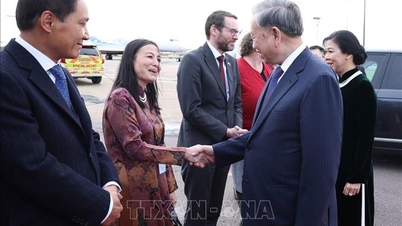

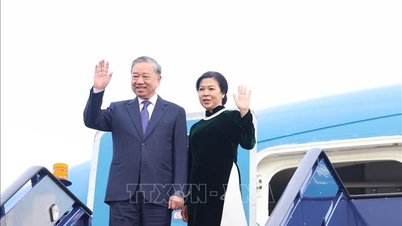
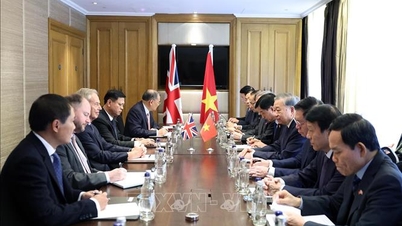
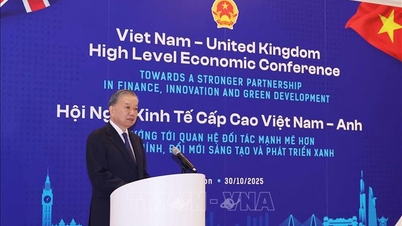
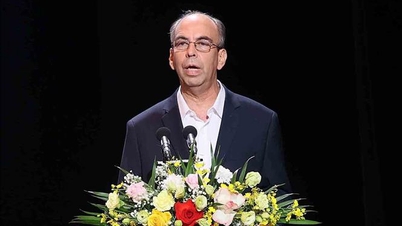
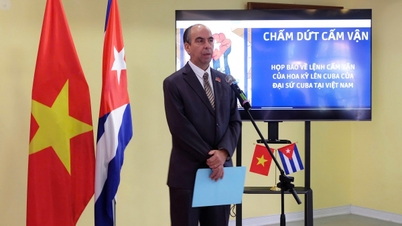
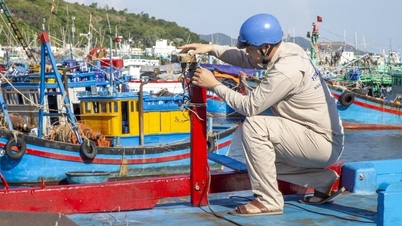

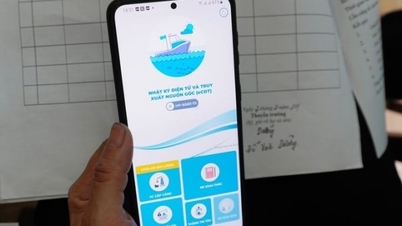
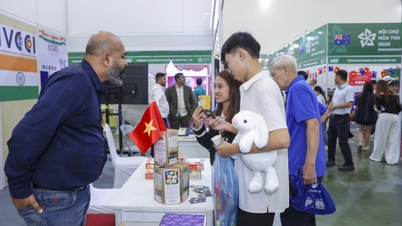
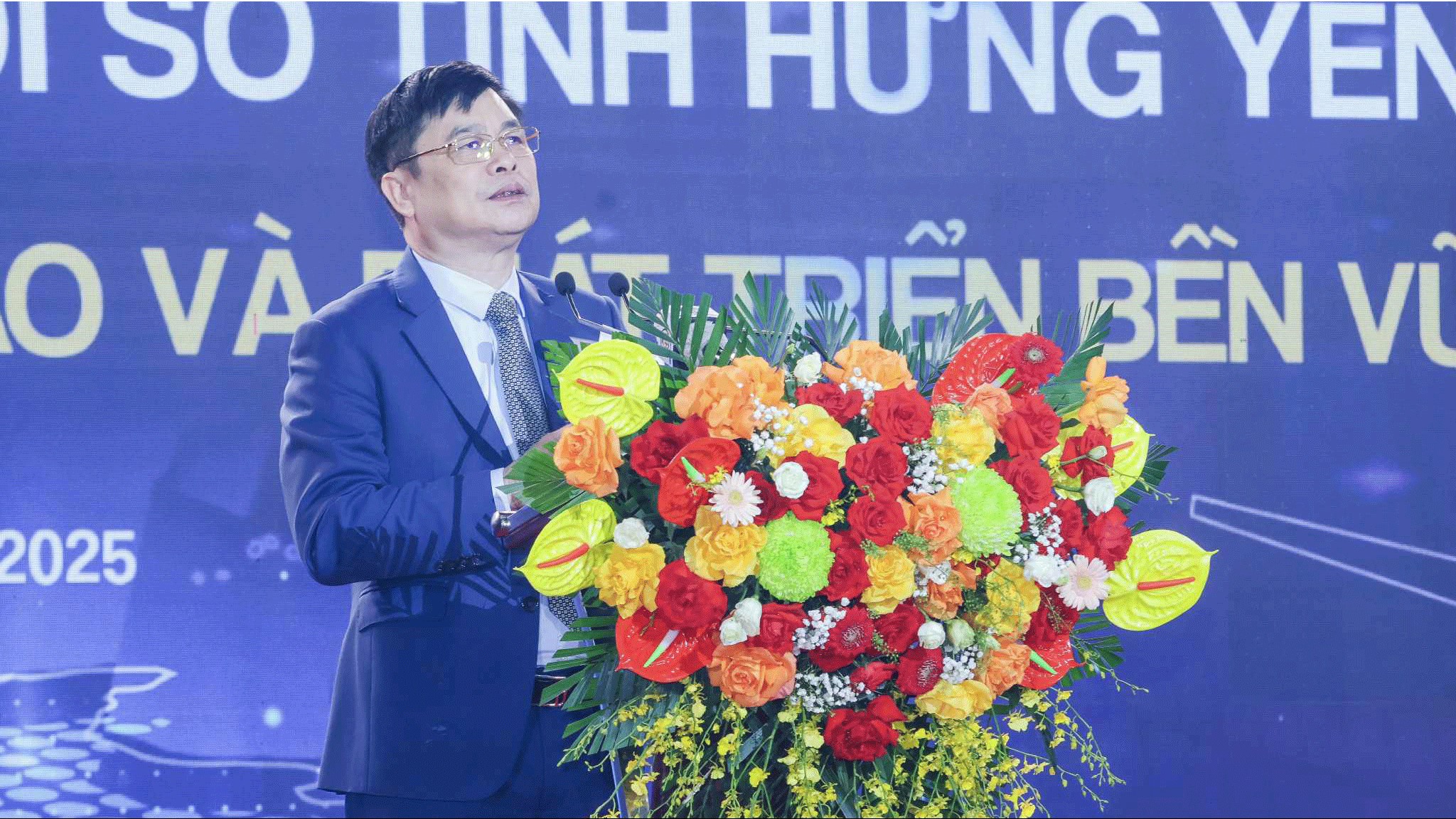
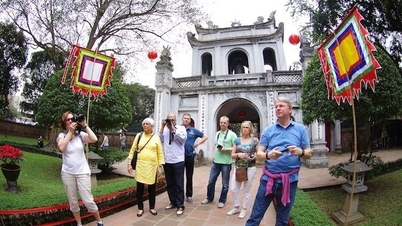
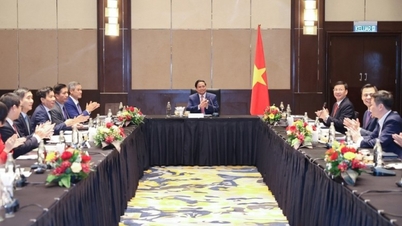




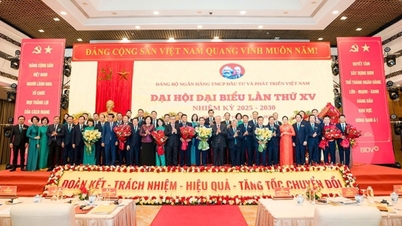
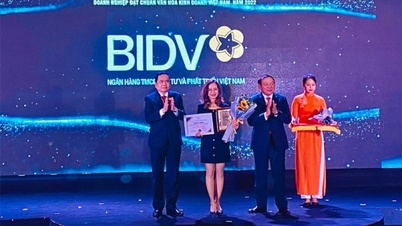
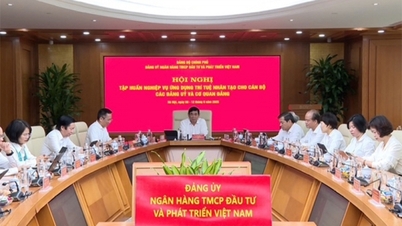
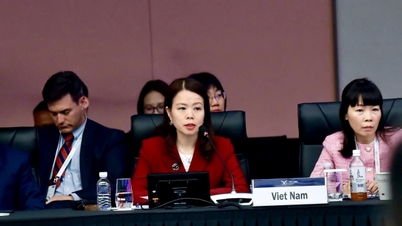
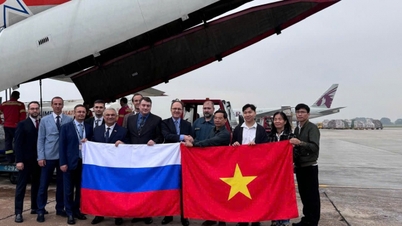
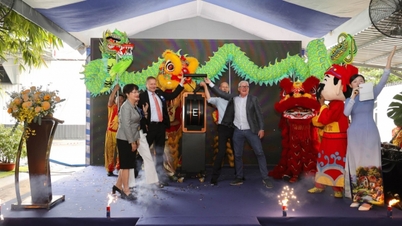


































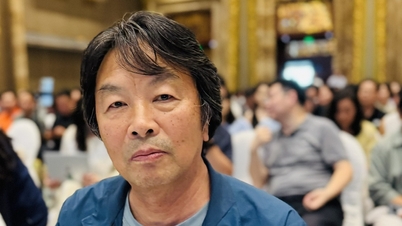

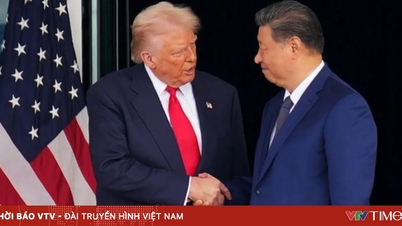

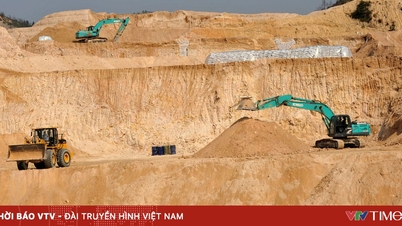
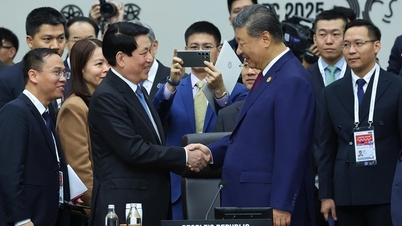
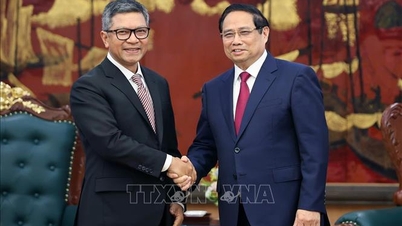
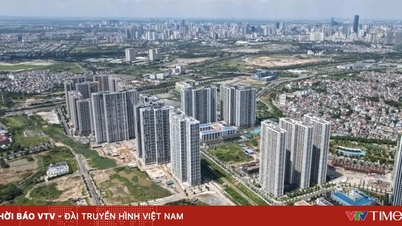



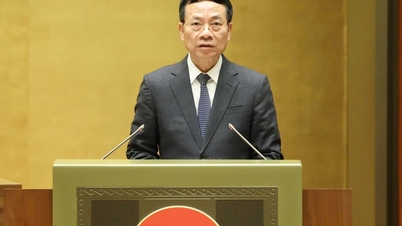
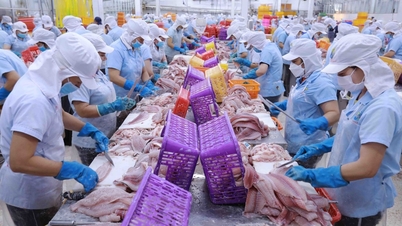

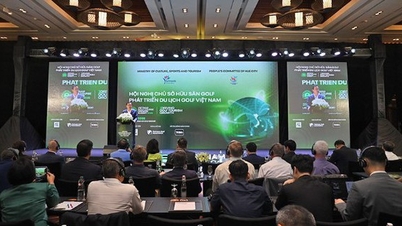
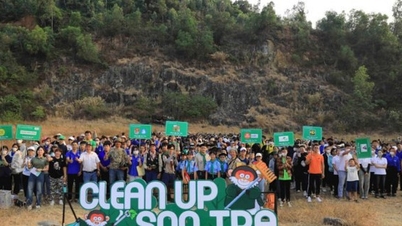







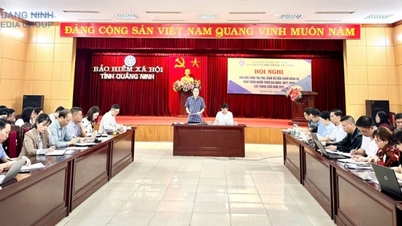















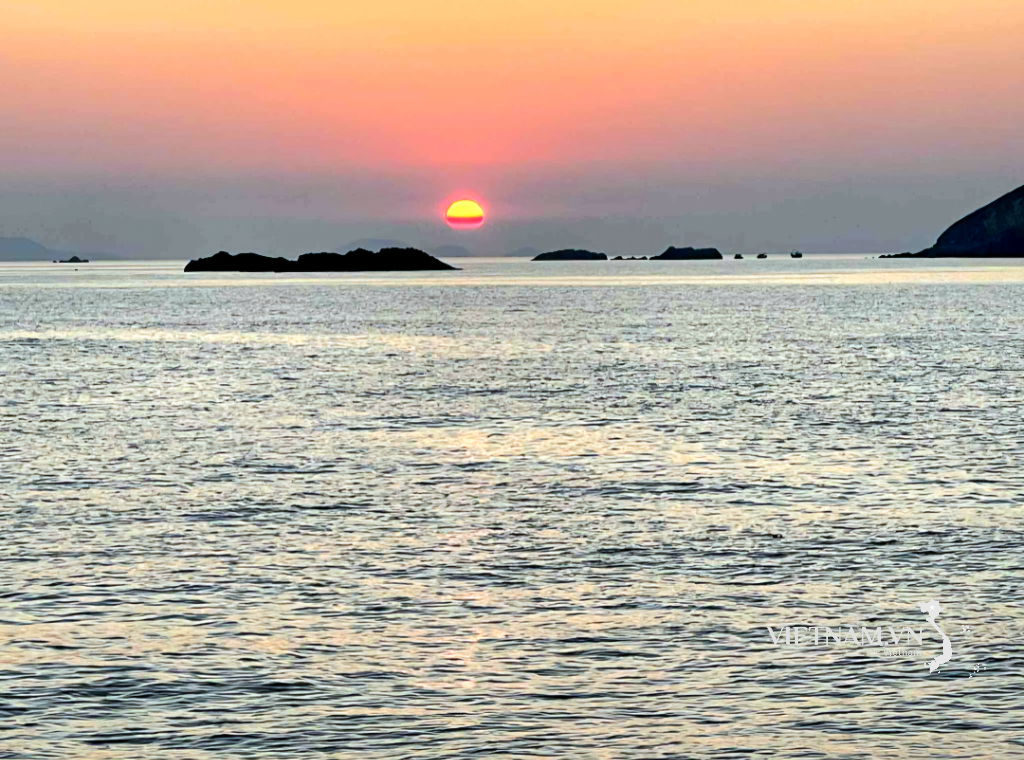
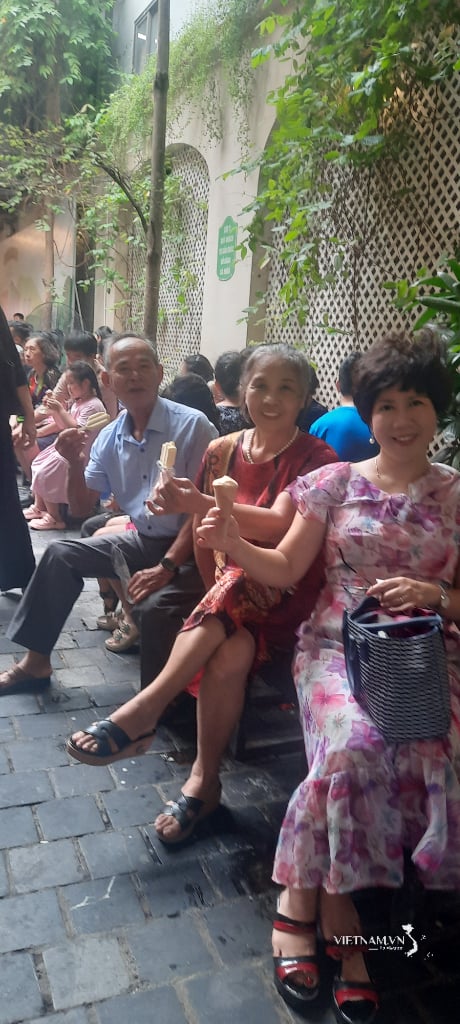
Comment (0)